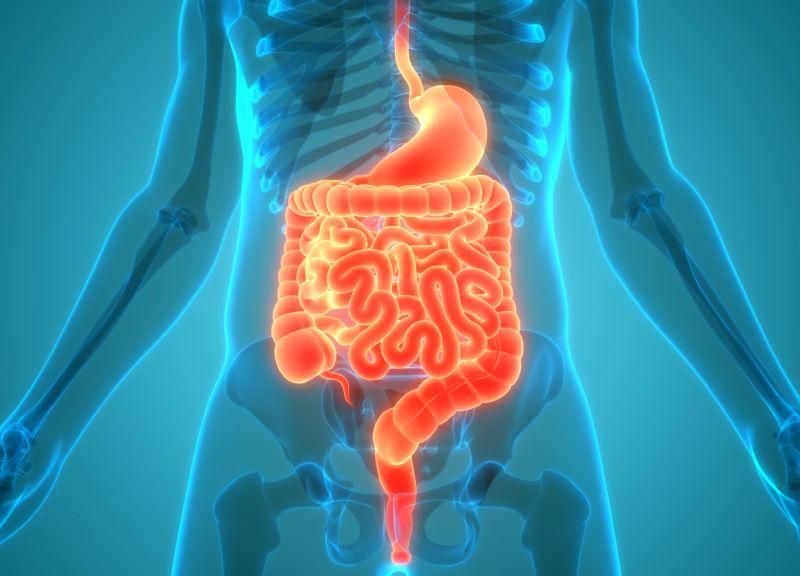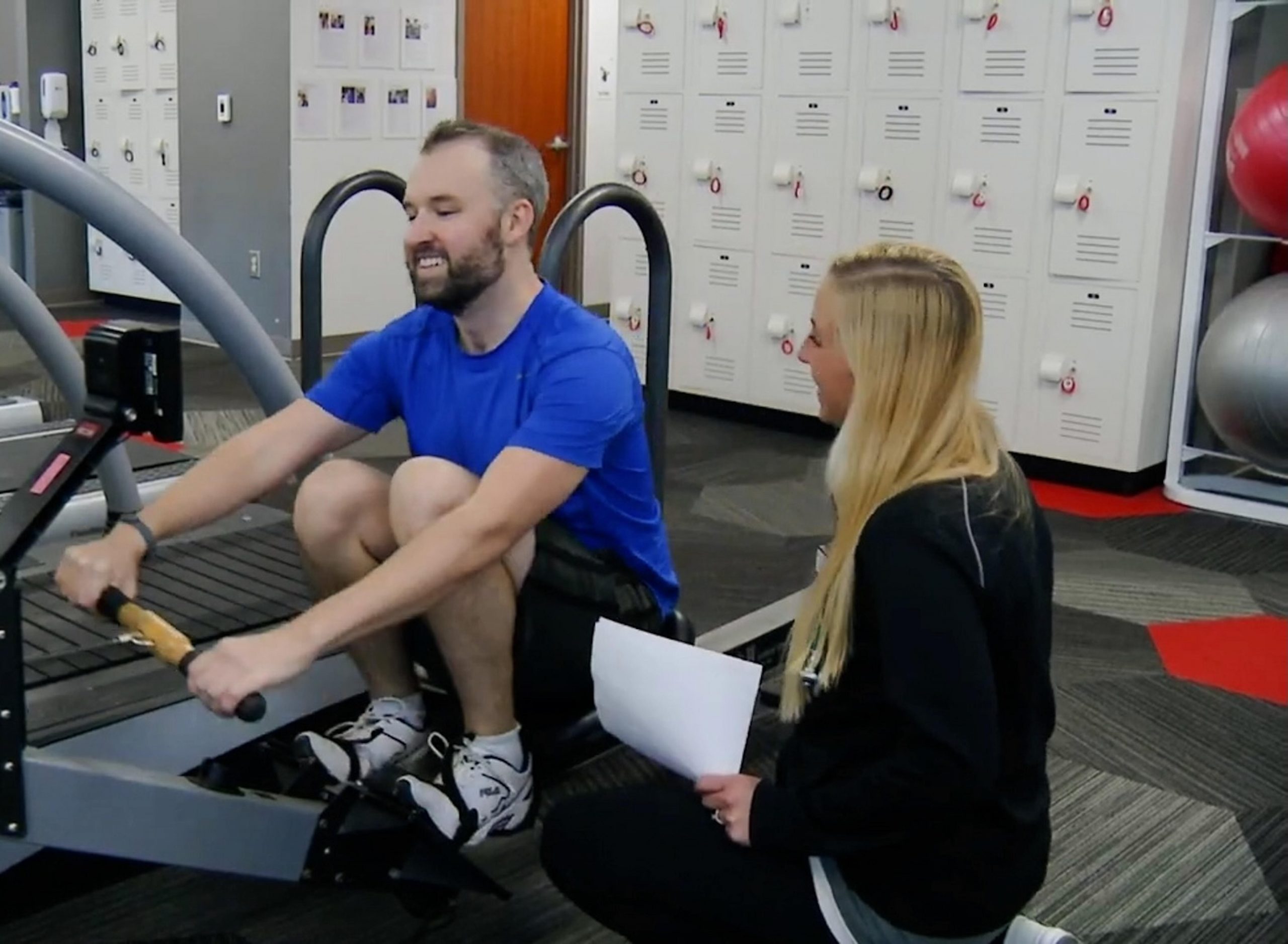
WEDNESDAY, Feb. 1, 2023 (HealthDay News) – Bile duct and gallbladder cancers develop in organs deep inside the body, making them difficult to detect. Knowing the signs of these rare cancers may help with earlier detection. Gallbladder cancer and bile duct cancer are two separate diseases, according to Dr. Miral Sadaria Grandhi, director of hepatobiliary… read on > read on >






























